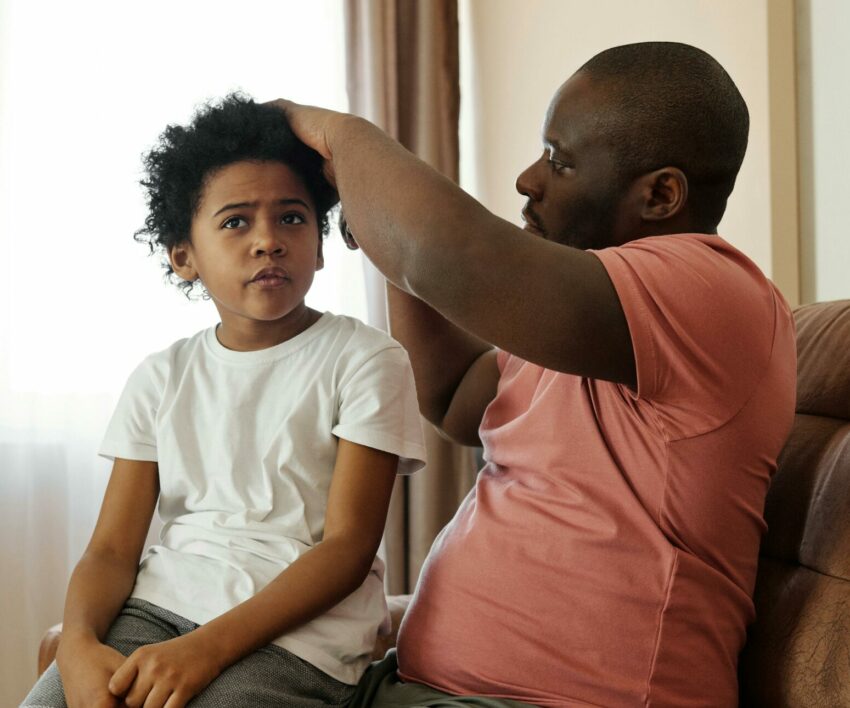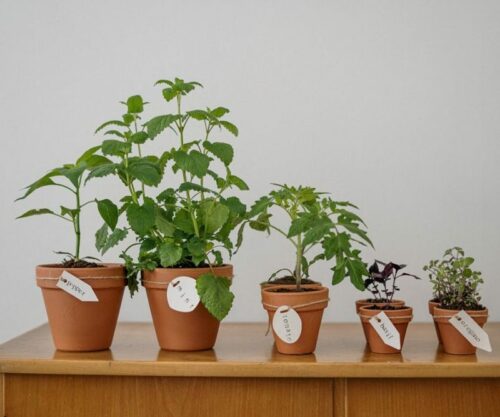
There’s something quietly magical about the way a father’s presence can shape a child’s world. Whether he’s tying shoelaces, fixing a dripping tap, or offering a silent nod of encouragement from the sidelines, the impact of present dads runs deeper than most realise.
Now, if you are South African, you would know why it’s important that I put emphasis on the dads being present, from what we have seen and experienced, it’s not very common that fathers choose to be in their children’s lives.
Research highlighted by Psychology Today suggests that children with actively involved fathers tend to perform better academically, have higher self-esteem, and display stronger emotional regulation. It’s not about being perfect, it’s about being present.
Amid the absent father plague, modern fatherhood in South Africa is evolving. More dads are stepping into roles once stereotypically labelled “mom duties,” like bedtime stories and lunchbox prep. It’s becoming clear that love, consistency, and playfulness can be just as powerful as rules and routine.
A report from the UNICEF South Africa website notes that engaged fathers help reduce the likelihood of risky behaviour in teens and contribute to stronger social development across all age groups.
Of course, fatherhood doesn’t come with a how-to manual. Many men are learning on the job, guided by love and late-night YouTube searches on ‘how to braid hair.’ Whether they’re biological dads, stepfathers, uncles, or social fathers, their presence fills emotional gaps, provides stability, and models resilience.
Even a small daily ritual—a shared meal, a secret handshake, a walk to school- can create anchors that help children feel secure. Those little moments, easily brushed off as ordinary, often become the core memories that children carry into adulthood.
So as Father’s Day approaches, let’s celebrate not just the ‘dad jokes,’ but the quiet strength, the effort to show up, and the emotional safety net many fathers provide—because as Verywell Mind puts it, a father’s love truly leaves a lasting legacy.
Also see: Mom rage vs. trauma response: What’s really behind the outbursts?




